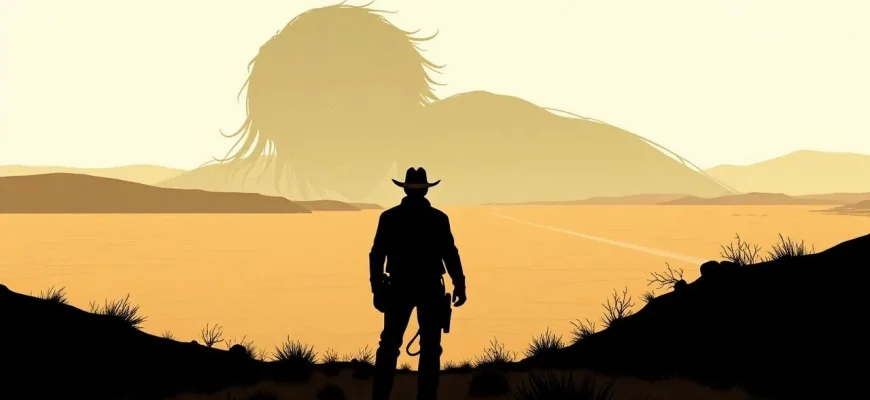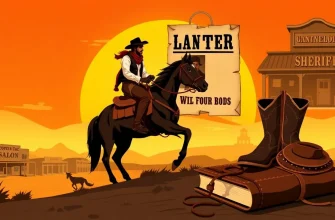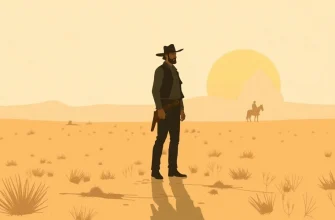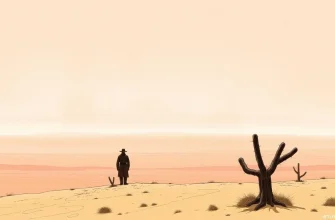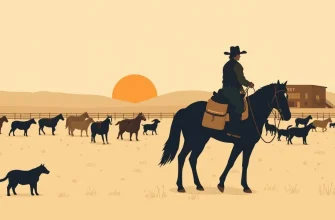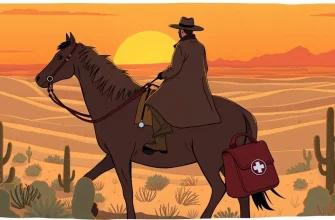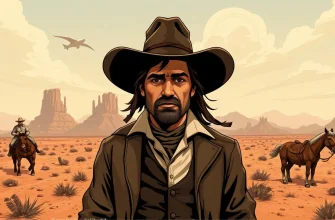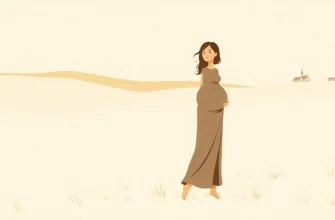The rugged landscapes of the Wild West often serve as a backdrop for tales of adventure, lawlessness, and justice. However, beneath the surface of these classic Western narratives, there are stories that delve into the complexities of the human psyche. This curated list of 10 Western films explores themes of mental health, showcasing characters grappling with their inner demons amidst the vast, unforgiving frontier. These films not only entertain but also offer a unique perspective on mental health issues, making them valuable for viewers interested in both Westerns and psychological depth.
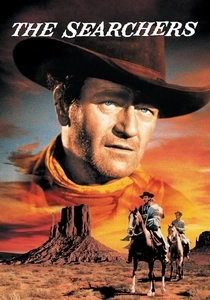
The Searchers (1956)
Description: John Ford's masterpiece with John Wayne as Ethan Edwards, whose obsessive quest to rescue his niece reveals deep-seated racial prejudices and psychological scars from the Civil War.
Fact: The film was initially criticized for its portrayal of Native Americans but has since been re-evaluated for its complex character study and its exploration of mental health themes.
 Watch Now
Watch Now 
The Man Who Shot Liberty Valance (1962)
Description: This John Ford classic examines the myth versus reality of heroism, with characters dealing with guilt, shame, and the psychological toll of living a lie.
Fact: The film was shot in black and white despite the availability of color film, to emphasize its timeless quality and focus on character over spectacle.
 Watch Now
Watch Now 
The Shooting (1966)
Description: This enigmatic Western by Monte Hellman follows a mysterious woman who hires a gunslinger to find her brother, but the journey reveals much more about the characters' mental states than their physical destination.
Fact: The film was shot in black and white to save on costs, but this choice also adds to the film's eerie atmosphere. Jack Nicholson, who also co-wrote the script, plays a minor role.
 Watch Now
Watch Now 
The Wild Bunch (1969)
Description: Sam Peckinpah's violent epic about aging outlaws explores themes of existential despair, the loss of purpose, and the mental toll of a life of crime.
Fact: The film's graphic violence was controversial at the time, but it has since been recognized as a landmark in cinema for its realistic portrayal of violence and its psychological impact.
 Watch Now
Watch Now 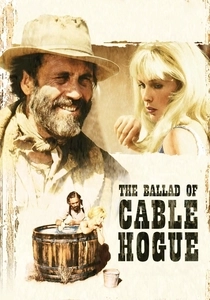
The Ballad of Cable Hogue (1970)
Description: Sam Peckinpah's film about a man left for dead in the desert who finds water and builds a life, explores themes of loneliness, redemption, and the psychological effects of isolation.
Fact: The film was a commercial failure upon release but has since been recognized for its unique blend of comedy and drama, and its portrayal of mental health issues.
 Watch Now
Watch Now 
McCabe & Mrs. Miller (1971)
Description: Robert Altman's film features Warren Beatty as a gambler with delusions of grandeur, whose mental state deteriorates as his business and personal life unravel.
Fact: The film was shot in sequence, which allowed for a natural progression of character development, particularly in the portrayal of mental health issues.
 Watch Now
Watch Now 
Pat Garrett and Billy the Kid (1973)
Description: Sam Peckinpah's film delves into the psychological complexities of friendship, betrayal, and the inevitability of death, with characters showing signs of mental strain under the weight of their choices.
Fact: The film was heavily edited by the studio, leading to Peckinpah disowning the theatrical cut. A restored director's cut was released later.
 Watch Now
Watch Now 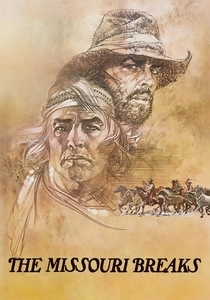
The Missouri Breaks (1976)
Description: This film features Marlon Brando as a bounty hunter with a peculiar personality, hinting at underlying mental health issues, in his pursuit of a horse thief played by Jack Nicholson.
Fact: Brando improvised much of his dialogue, adding to the character's eccentricity and unpredictability.
 Watch Now
Watch Now 
The Outlaw Josey Wales (1976)
Description: Clint Eastwood's character, Josey Wales, is driven by revenge but also haunted by the trauma of war, showcasing the psychological aftermath of violence in the Old West.
Fact: Eastwood not only starred but also directed, and the film was nominated for an Academy Award for Best Original Score.
 Watch Now
Watch Now 
The Hired Hand (1971)
Description: Peter Fonda stars as a man returning home after years of wandering, only to find his wife struggling with her own mental turmoil, making this a poignant study of mental health in the Western genre.
Fact: This was Fonda's directorial debut, and the film was restored and re-released in 2001, gaining new appreciation for its lyrical storytelling.
 30 Days Free
30 Days Free 
